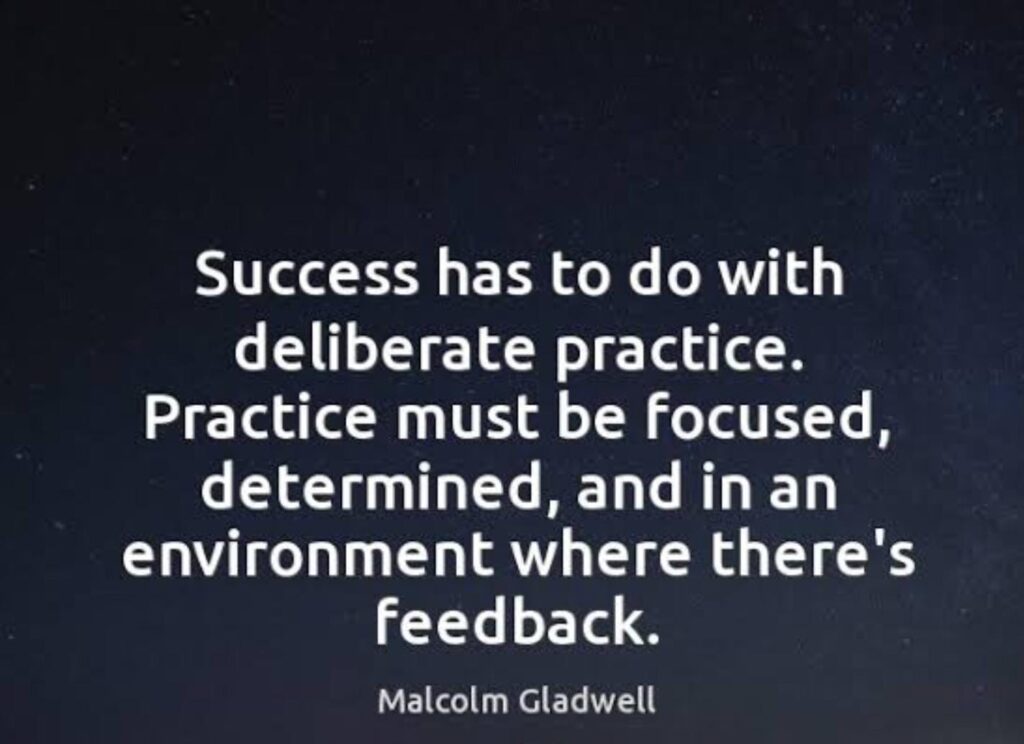31st Jan 2024
“I don’t count my sit-ups, I only start counting when it starts hurting when I feel pain, that’s when I start counting, because that’s when it really counts.”
Those are the words of the greatest pugilist that the world has ever seen in the history of boxing – Muhammad Ali.
Ali began training at the age of 12 and won the world
championship when he was 22 years old.
A child prodigy, born with a gift for throwing lightning fast punches. But was he really born wearing boxing gloves and a knack for knocking people out?
Of course not.
Many research studies have established that talent is
determined far less by our genes and far more by our actions: specifically, the combination of intensive practice and motivation that produces brain growth.
Ali earned his talent by sweating out countless hours, practicing each and every move, working on his stamina and training his mind. He probably raked in more than ten thousand hours of practice much before he was 22.
The rule of ‘ten thousand hours’, a scientific finding, says that all world-class experts in every field have spent a minimum of ten thousand hours intensively practicing their craft. That’s how a talent is built. The 10,000-hour heuristics was made popular by Malcolm Gladwell’s book Outliers.
So, does it mean anybody who spends ten thousand hours doing something will become a world class expert in that activity?
Of course not. There is more to the rule than the number 10,000.
It’s ‘Deliberate Practice’ which holds the key to developing expert-level skills.
Deliberate practice refers to a special type of practice that is purposeful and systematic. While regular practice might include mindless repetitions, deliberate practice requires focused attention and is conducted with the specific goal of improving performance.
Deliberate practice does not mean that you can fashion yourself into anything with enough work and effort, though. While human beings do possess a remarkable ability to develop their skills, there are limits to how far any individual can go. Your genes set a boundary around what is possible.

